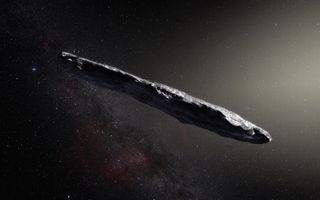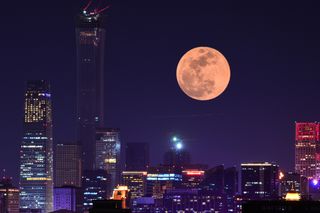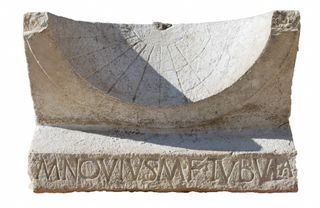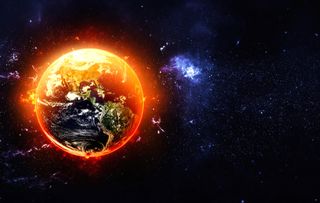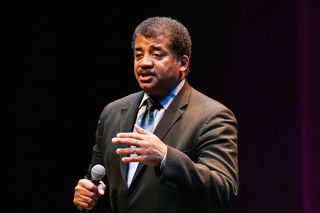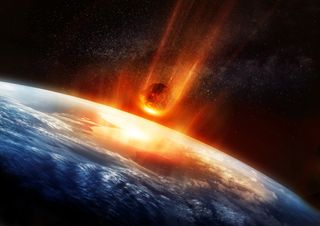
Laura Geggel
Laura is an editor at Live Science. She edits Life's Little Mysteries and reports on general science, including archaeology and animals. Her work has appeared in The New York Times, Scholastic, Popular Science and Spectrum, a site on autism research. She has won multiple awards from the Society of Professional Journalists and the Washington Newspaper Publishers Association for her reporting at a weekly newspaper near Seattle. Laura holds a bachelor's degree in English literature and psychology from Washington University in St. Louis and an advanced certificate in science writing from NYU.
Latest articles by Laura Geggel

New Controversial Idea About Stonehenge Has Archaeologists Shaking Their Heads
By Laura Geggel published
In a new book, this scientist says glaciers, not Neolithic people, carried the huge rocks to Stonehenge.
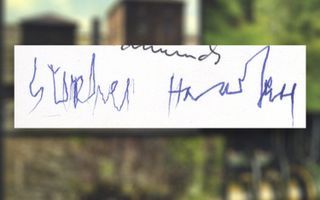
Stephen Hawking Signed This Book Before His ALS Took Over. Now It's Up for Auction.
By Laura Geggel published
A book that the late physicist Stephen Hawking signed in 1973, back when he was still able to hold a pen and scrawl out his autograph, is hitting the auction blocks.

Elon Musk Says 'Humans Are Underrated'
By Laura Geggel published
Tesla founder and CEO Elon Musk just paid a rare compliment to his own species, calling humans "underrated" on Twitter last week.
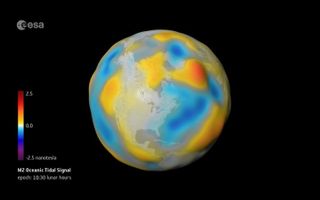
Oceans' Mysterious Magnetic Field Is Mapped in Stunning Detail from Space
By Laura Geggel published
Satellites circling Earth have mapped an elusive, invisible force in unprecedented detail: the magnetic field created by the currents in the planet's salty oceans, according to new research.
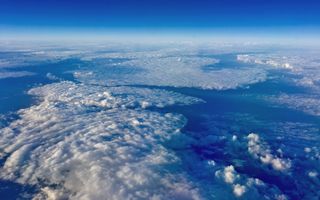
These Scientists Have a Wild Plan to Throw Salt into the Atmosphere. Here's Why.
By Laura Geggel published
Sprinkling large amounts of salt into the atmosphere could stave off climate change, a group of researchers has proposed.
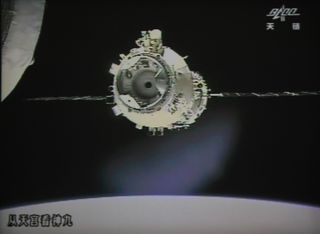
The Chinese Space Station Is Falling Back to Earth, But It Probably Won't Hit You
By Laura Geggel published
What do the Powerball jackpot and Tiangong-1, the Chinese space station hurtling toward Earth, have in common? It's highly unlikely that either will physically impact your life in the slightest way.
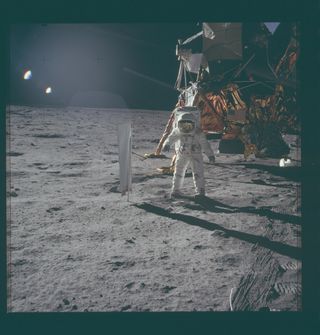
How Much Trash Is on the Moon?
By Laura Geggel published
Moon-based detritus includes leftover urine-collection kits, an olive branch and tons of robotic equipment from lunar probes.

Whoosh! Virgin Unveils Hyperloop that Will Travel 760 Mph
By Laura Geggel published
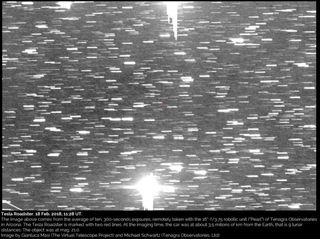
How We Know This Tiny Pinprick of Light Is the Tesla Roadster
By Laura Geggel published
Scientist paparazzi turned their scopes toward Elon Musk's Roadster and its mannequin driver.
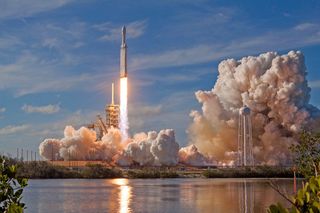
A Giant Claw Will Grab Falling SpaceX Gear 'Like a Giant Catcher's Mitt'
By Laura Geggel published
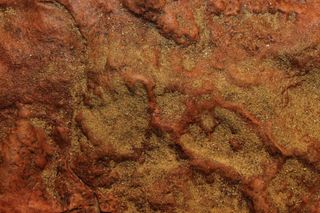
Were Dinosaurs Having a Party Millions of Years Ago in NASA's Backyard?
By Laura Geggel published
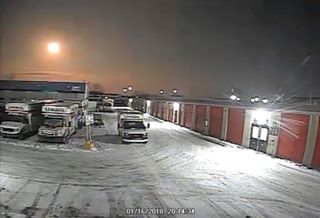
Fireball Over Michigan: Did Meteor Really Cause an Earthquake?
By Laura Geggel published
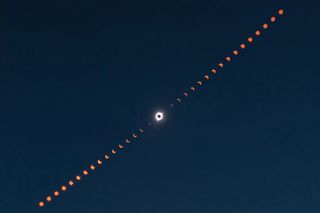
Moon's Supersonic Shadow Created Waves During the 2017 Solar Eclipse
By Laura Geggel published

Winter Solstice: The Science of the Shortest Day of 2017
By Laura Geggel published
The winter solstice is in full stride today (Dec. 21), which boasts the fewest hours of daylight for 2017 in the Northern Hemisphere.
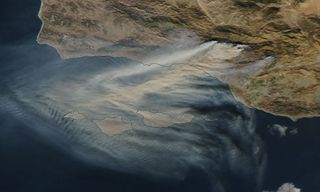
California's Still-Growing Thomas Fire Spews Brown Smoke in NASA Image
By Laura Geggel published
A NASA satellite captured an image showing a thick curtain of brown smoke billowing from the Thomas Fire in Southern California yesterday (Dec. 14).

How Do Intercontinental Ballistic Missiles Work?
By Laura Geggel published
How do intercontinental ballistic missiles — including the one North Korea launched Tuesday (Nov. 28) that flew more than 10 times higher than the International Space Station — work?
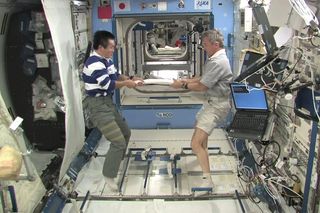
What Would Happen If You Played Tug-Of-War in Outer Space?
By Laura Geggel published
What would happen if you played tug-of-war in outer space? Would you be able to stand and pull with all your might, as you would on Earth, or would something entirely different happen?
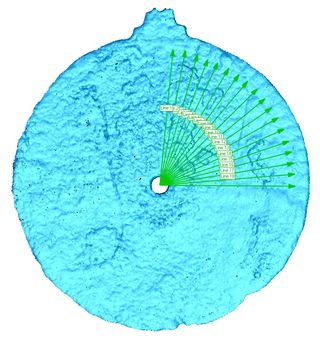
It's Official: Earliest Known Marine Astrolabe Found in Shipwreck
By Laura Geggel published
More than 500 years ago, a fierce storm sank a ship carrying the earliest known marine astrolabe — a device that helped sailors navigate at sea, new research finds.
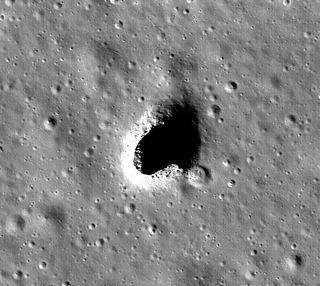
City-Size Lunar Lava Tube Could House Future Astronaut Residents
By Laura Geggel published
A city-size lava tube has been discovered on the moon, and researchers say it could serve as a shelter for lunar astronauts.
Get the Space.com Newsletter
Breaking space news, the latest updates on rocket launches, skywatching events and more!
